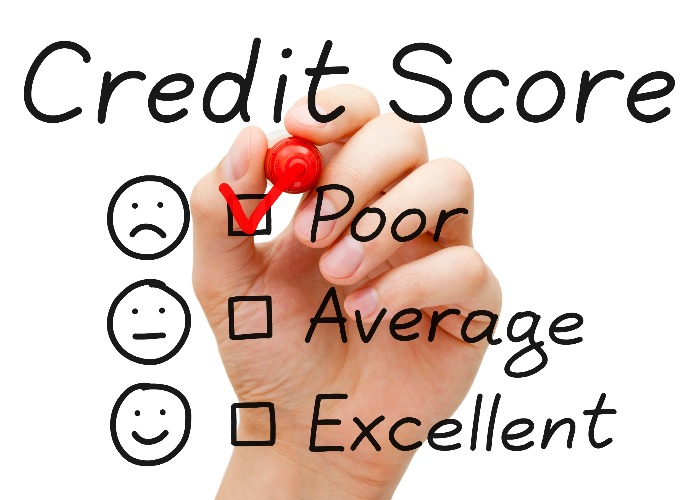Credit scores: lifting the lid on the reference agencies

Details of how many credit score 'points' you lose or gain through your financial actions have finally been revealed. For example, missing a payment could see your rating plummet by 130 points.
Whenever you apply for any type of credit, whether it’s a credit card, a 0% deal on a sofa or a mortgage the lender will check your credit score.
This mysterious number often holds the key to whether your application will be approved or rejected. But, most of us have no idea what affects that score.
You may know that the higher the score the better, and vice versa a small score is a bad sign, but how much do your actions affect it?
The Daily Mail asked credit reference agencies Experian, Equifax and Callcredit to reveal exactly how they calculate your score showing exactly how many points are lost or gained for a variety of things.
Experian gave the most detail, revealing that simply forgetting to pay a monthly credit card bill could knock 130 points off your credit score, while keeping the balance of your credit card at less than 30% of the total limit will add 90 points.
Given that Experian has a maximum score of 999 a 130 point fall could have a big effect on your ability to get credit.
Check your credit score for free today
How you score is calculated at each agency
Each of the three agencies use a different scale. Experian score you out of 999, Equifax up to 700 and Callcredit up to 710.
Hit a certain number with each agency (over 960 with Experian, more than 465 with Equifax and over 627 with Callcredit) and you’ll be classed as having an ‘excellent’ score.
This means most lenders will accept you and you’ll qualify for the best interest rates on your credit as well as the highest credit limits.
If you have a mid-range score (721-880 with Experian, 380-419 with Equifax or 566-603 with Callcredit) and you are classed as having a ‘fair’ credit score.
This means you are likely to be offered credit by some lenders, but some will turn you down. You also may not be offered the best deals and you could have lower credit limits.
Anyone who’s credit score is classed as ‘poor’ (720 or less with Experian, 379 or below with Equifax, and under 566 with Callcredit) is likely to be rejected by most lenders or, if you are accepted, you’ll be offered the worst interest rates and lowest credit limits.
Credit cards rule

The Daily Mail research reveals that how you use a credit card has a huge effect on your credit score, more than any other form of credit.
Having a small credit card limit of £250 or less will knock 40 points off your score and owing more than £15,000 on a credit card will cost you 50 points.
But, clearing your credit card balance every month will add 60 points and remaining loyal to one card for more than five years adds 50 points.
Experian also revealed that having a credit limit of more than £5,000 can boost your score by around 20 points with them.
While this older article on improving your rating can't reveal exactly how many points you can improve your score by, it does contain loads of simple tips to guarantee it does indeed increase.
So start by checking your credit score today, then see what impact these changes make over time.
Find the right credit card for you with LoveMONEY
What’s good for your score?
|
Keep your credit card balance below 30% of your limit |
+90 |
|
Clear your credit card balance each month |
+60 |
|
Don’t open any new credit accounts for six months |
+50 |
|
Register on the electoral roll |
+50 |
|
Hold the same credit card for five years or more |
+20 |
|
Having a credit card limit of over £5,000 |
+20 |
|
Pay your car insurance premiums monthly rather than annually |
+20 |
What’s bad for your score?
|
A credit card limit of £250 or less |
-40 |
|
Opening a new account in the last six months |
-40 |
|
Owe more than £15,000 debt on a credit card |
-50 |
|
Borrow more than 90% of your credit card limit |
-50 |
|
Having only one credit account in your name, that you opened in the last 18 months |
-75 |
|
Missing a payment |
-130 |
|
Receiving a County Court Judgement |
-250 |
|
Defaulting on an account |
-350 |
Comments
Be the first to comment
Do you want to comment on this article? You need to be signed in for this feature